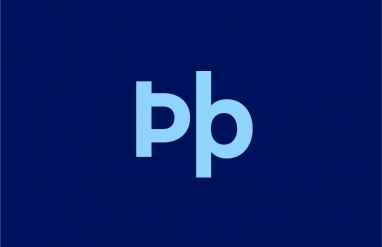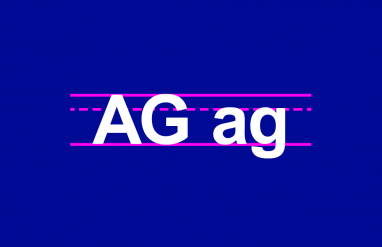When you listen to parents talk to their kids, it may seem like they have their own language. Between baba and uppie (say what?), parents have a different way of communicating.
But there’s a reason for that! When speaking to babies, parents speak slowly in a higher-pitched voice and tend to repeat phrases. Similarly, many nursery rhymes rely on repetition, rhythm, and inflection to help children learn. When children learn to speak and later to read, they acquire what linguists call phoneme (or phonemic) awareness. We aren’t born knowing the proper sounds to use in building words, rather we learn what the discreet, separate sounds (phonemes) are as we learn language.
Let’s take a look at the simple and common words and phrases we use with children … hey, parents, we’re ready to learn your language.























